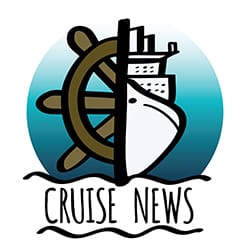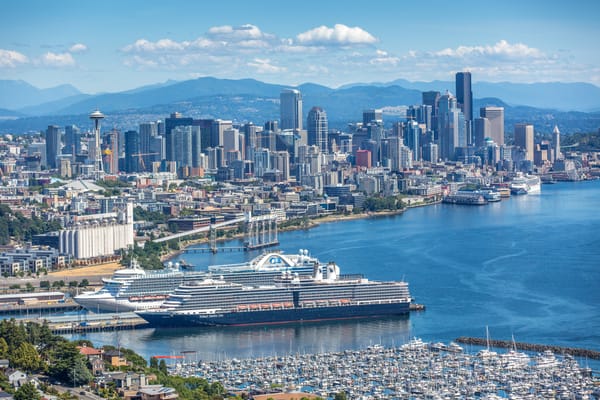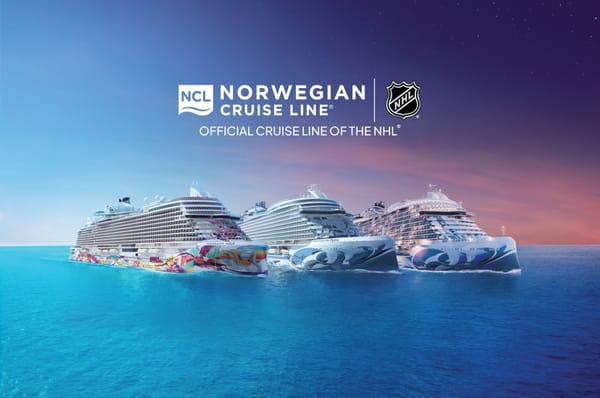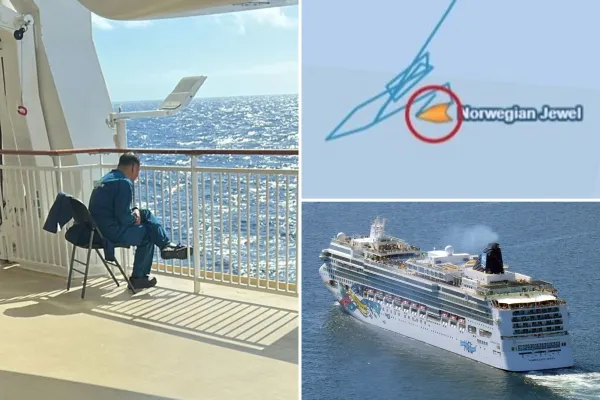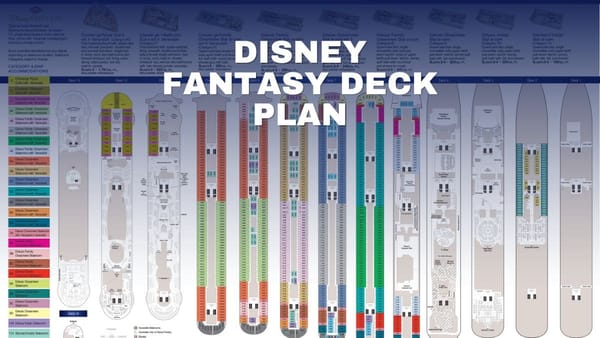Ponant Expands Small-Ship Fleet With Focus on Luxury and Sustainability
Ponant’s latest expansion highlights growing interest in eco-friendly, high-end voyages as small ships unlock access to remote regions while supporting local cultures and conservation efforts.
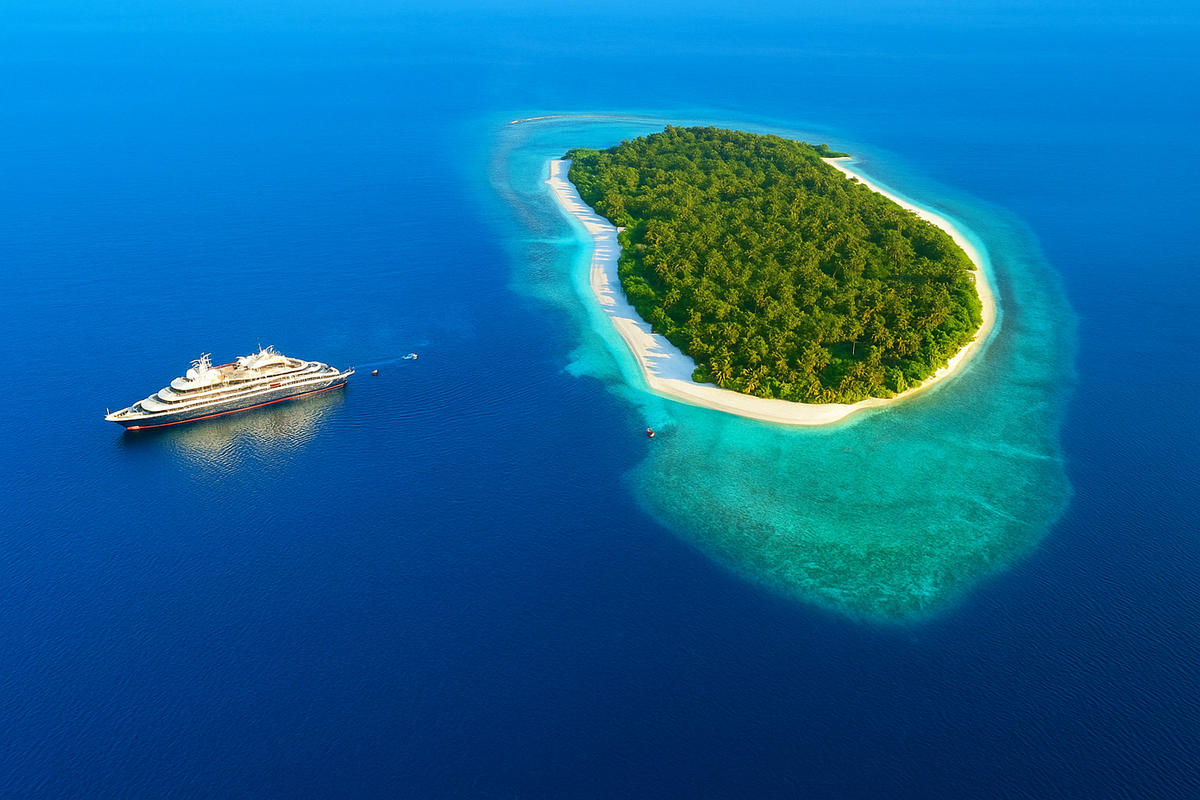
Ponant, a luxury expedition cruise operator, continues to elevate small-ship travel through refined itineraries and a strong sustainability focus. The brand currently operates a fleet of 13 vessels, each designed to navigate remote locales with minimal ecological impact while offering upscale amenities tailored to high-net-worth travelers seeking immersive experiences.
Ponant’s Fleet Expansion and Destination Strategy
Building on its established routes, Ponant plans to add up to 40 new ports each year. The company deploys a dedicated scouting team to identify regions with minimal tourism infrastructure, ensuring intimate journeys that benefit local communities without overwhelming fragile ecosystems. These expansions include remote areas in Oceania, Africa, and the Middle East, as well as secluded ports across the Mediterranean.
By employing small ships that can access off-the-beaten-path locations, Ponant provides passengers with rare opportunities to explore historical, cultural, and natural sites. This strategy is designed to offer exclusive travel experiences, enhancing the company’s reputation as a leader in expedition cruising.
Polar Expeditions and Specialized Vessels
Ponant is widely recognized for its Antarctic and Arctic itineraries. In Antarctica, the company offers short excursions around the Antarctic Peninsula and longer voyages that venture into rarely visited territories. In the Arctic, itineraries feature stops in Svalbard, Greenland, and along the Northwest Passage, giving passengers the chance to encounter polar bears, ice-filled seascapes, and local villages attuned to smaller-scale tourism.
A standout vessel in Ponant’s fleet is the polar-rated icebreaker Le Commandant Charcot. Equipped with advanced navigation and propulsion systems, it can break through thick ice to reach otherwise inaccessible areas. These voyages provide guests an unparalleled look at polar environments while supporting scientific research conducted in onboard laboratories.
Sustainability and Environmental Research
Ponant integrates sustainability into its operations by using advanced energy systems such as hybrid propulsion and liquefied natural gas. These measures help reduce emissions and safeguard delicate ecosystems. According to a Ponant spokesperson, “Ponant strives to balance immersive travel with responsible practices. Our fleet deploys innovative technology while working closely with communities to preserve natural and cultural heritage.”
Le Commandant Charcot, in particular, exemplifies this ethos. Along with its hybrid electric capabilities, it houses two research laboratories dedicated to ice and ecological studies, reinforcing the company’s commitment to scientific exploration and environmental stewardship.
Economic Benefits for Remote Communities
Crucial to Ponant’s approach is supporting the economic well-being of remote destinations. Early-season arrivals in places such as Greenland provide essential supplies to local communities, while year-round visits stimulate commerce through passenger spending on tours, crafts, and cultural exchanges. By focusing on smaller vessels, Ponant avoids overwhelming isolated regions, creating long-term partnerships that promote sustainable tourism and benefit both visitors and hosts.
High-End Comfort and Target Audience
Despite its focus on exploration, Ponant maintains a luxury standard across its fleet. Passengers enjoy premium accommodations and amenities, ensuring comfort even in rugged locales. The clientele typically consists of travelers seeking authentic adventure without foregoing personalized service and responsible environmental practices. By combining upscale offerings with sustainable principles, Ponant continues to attract a discerning market segment appreciative of both exclusivity and ethical considerations.
Frequently Asked Questions (FAQs)
What makes Ponant’s polar expeditions unique?
Ponant’s polar-rated ships, such as Le Commandant Charcot, navigate thick ice and harsh conditions, giving travelers the opportunity to explore remote polar regions rarely touched by tourism. The onboard research labs and low-impact exploration methods further distinguish these itineraries.
How does Ponant minimize its environmental footprint?
Ponant integrates advanced propulsion systems powered by cleaner fuels like liquefied natural gas. The company also sets strict fuel protocols, supports scientific research on board, and consults with local authorities on sustainable cruising practices.
Why is Le Commandant Charcot significant?
This icebreaker is designed to reach far-flung destinations in both polar regions. Its hybrid electric systems lower emissions, while onboard labs facilitate scientific studies on ice, climate, and ecosystems. This makes it a flagship vessel for responsible expedition travel.
What type of travelers typically join Ponant expeditions?
Ponant’s clientele includes those looking for a balance of luxury and adventure. These travelers value meaningful encounters with nature and communities while expecting upscale service and environmentally conscious operations.
What destinations does Ponant visit outside of polar regions?
Ponant offers itineraries in Oceania, Africa, the Middle East, and the Mediterranean. Voyages might include culturally focused stops in Papua New Guinea, Madagascar, and Australia’s Kimberley region, as well as calls at smaller Mediterranean ports inaccessible to larger cruise ships.
Ponant’s ongoing expansion into remote locales, combined with its environmental initiatives, underscores the rising demand for conscientious and luxurious exploration. Through advanced ship technology and careful collaboration with local communities, the company has established itself as a leader in the rapidly evolving expedition cruise sector.
